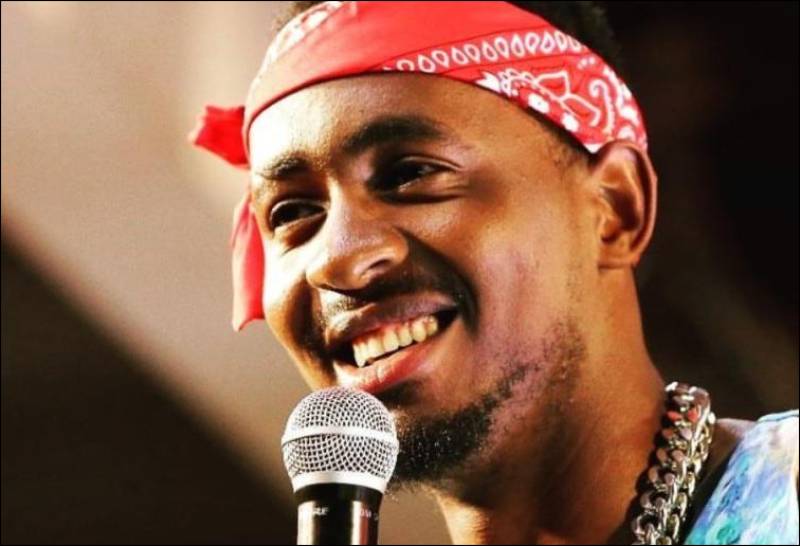×
The Standard e-Paper
Smart Minds Choose Us

Jasper Murume is among the popular comedians on the Churchill Show. Having burst onto the scene in 2016, he continues to bring joy to the living rooms, and is only getting bigger. We spoke to him about his craft.